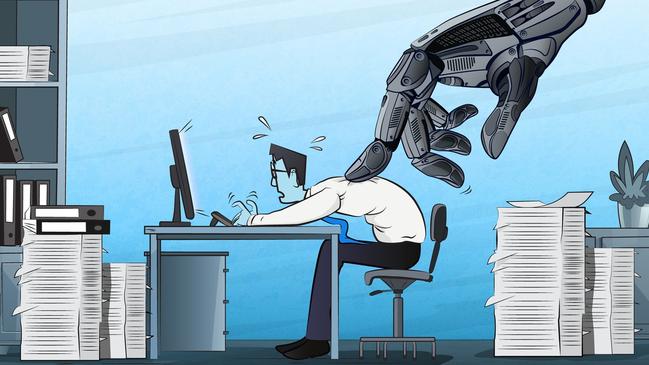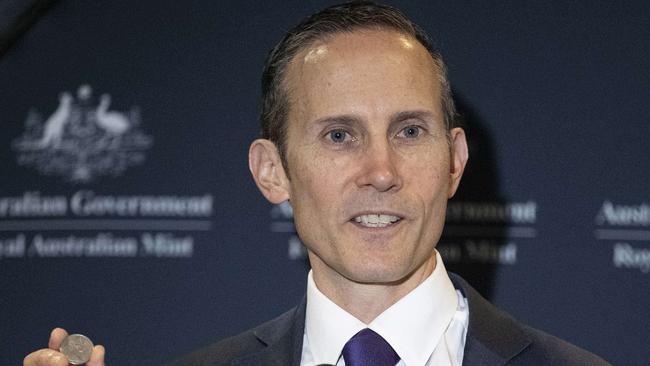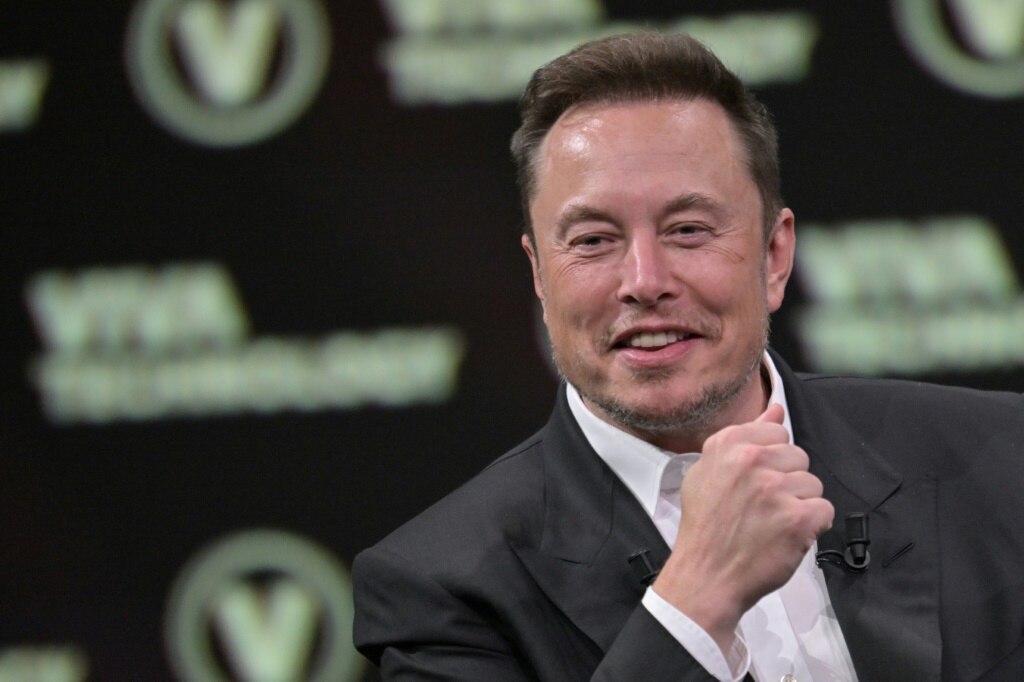Artificial intelligence could turbocharge scams, says federal Assistant Treasurer Andrew Leigh
Assistant Treasurer Andrew Leigh has conceded some high-risk uses of artificial intelligence technology may need to be banned.

Artificial intelligence has the potential to turbocharge productivity, but could also turbocharge fraud and scams, according to Assistant Treasurer Andrew Leigh, who detailed the government’s thinking as it moves to regulate the nascent technology.
In a speech at the McKell Institute in Sydney on Wednesday, Dr Leigh warned that new safeguards would likely be necessary, including banning some uses of AI, before the futuristic technology gets away from governments and regulators.
“Most Australians work in the service sector, where tasks requiring information processing and written expression are ubiquitous,” he said.
“From customer support to computer programming, education to law, there is massive potential for AI to make people more effective at their jobs.
“And the benefits go beyond what shows up in GDP. AI can make the ideal Spotify playlist for your birthday, detect cancer earlier, devise a training program for your new sport, or play devil’s advocate when you’re developing an argument.”

AI could also turbocharge fraud, Dr Leigh said, enabling scammers to send personally tailored phishing messages, produce fake websites, overwhelm sites with fake consumer reviews, or create deepfake videos and voice clones.
The government is developing a framework for safe and responsible AI practices based on more than 500 submissions from organisations and individuals. It will also make search engines draft new codes to prevent the sharing of child sexual abuse material created by AI, the eSafety commissioner said this month.
Dr Leigh warned of “looming risks” associated with the technology given that only a handful of companies, including OpenAI and tech giant Google, have the cloud and computing resources necessary to build and train AI systems. Competition regulators had already flagged concerns that AI may raise a myriad of issues including bundling, self-preferencing and collusion, he said.
If AI engines are natural monopolies, then competition regulators “ought to worry”.
“Within Treasury, our competition taskforce is engaged with these questions,” he said.
“Bringing together economists and lawyers, while drawing on academic expertise from Australia and overseas, they are applying a forensic energy to the process of competition reform.
“We are also considering the Australian Competition and Consumer Commission’s recommendations to strengthen competition and consumer protection …”







To join the conversation, please log in. Don't have an account? Register
Join the conversation, you are commenting as Logout